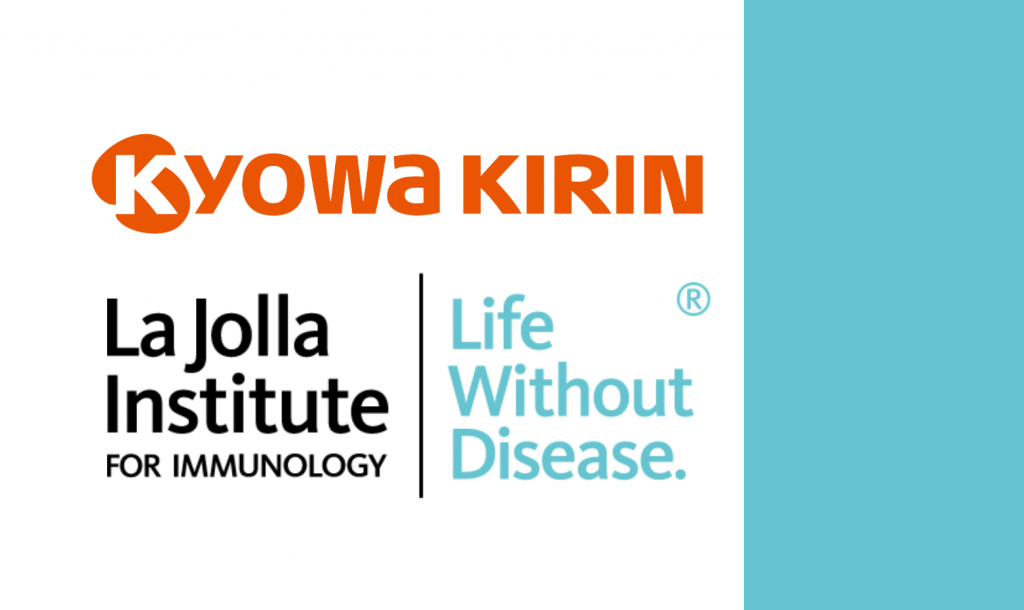Washington, D.C. — Professors Shane Crotty, Ph.D., and Alessandro Sette, Dr. Biol.Sci., of La Jolla Institute for Immunology have been named as Fellows of the American Association for the Advancement of Science (AAAS). Election as an AAAS Fellow is an honor bestowed upon AAAS members by their peers.
This year 443 members have been awarded this honor by AAAS because of their scientifically or socially distinguished efforts to advance any field of science or its applications. New Fellows will be announced during the 2020 AAAS Annual Meeting in Seattle, Washington, in February 2020.
Dr. Crotty was elected an AAAS fellow in recognition of his distinguished contributions to the field of vaccine immunology, particularly defining and characterizing T follicular helper (Tfh) cells and their roles in humoral immunity.
Dr. Sette was recognized for his distinguished contributions to the field of immunology, particularly for providing insights into T-cell specificity and immune-profiling of T-cells in human disease, and for pioneering immuno-informatics.
The election of Drs. Crotty and Sette brings the total number of AAAS fellows at LJI to five. Their fellow AAAS fellows are LJI President and Chief Scientific Officer Mitchell Kronenberg, Ph.D., and LJI Professors Anjana Rao and Erica Ollmann Saphire, Ph.D.
The tradition of electing AAAS Fellows began in 1874. Currently, members can be considered for the rank of Fellow by several means including if they are nominated by any three Fellows who are current AAAS members. The AAAS Fellow honor comes with an expectation that recipients maintain the highest standards of professional ethics and scientific integrity.




